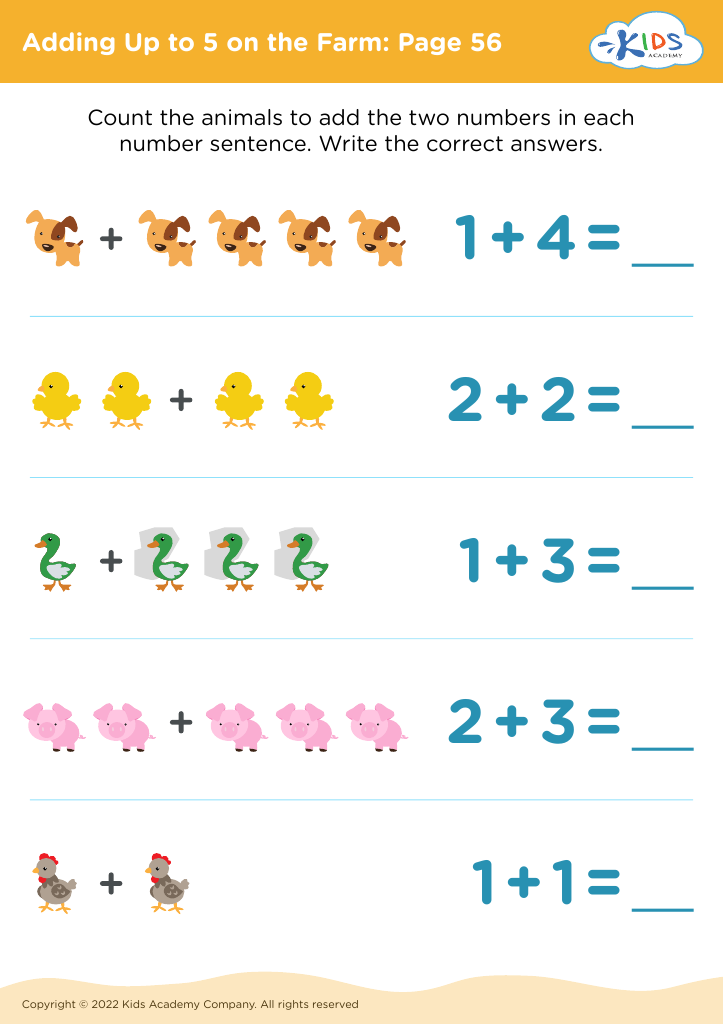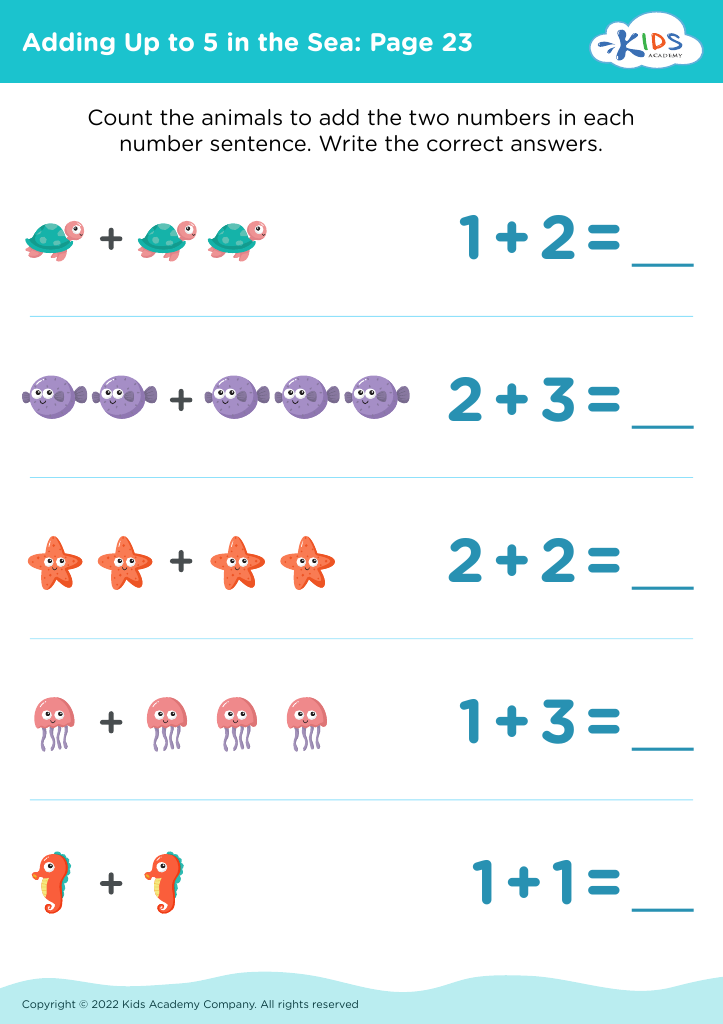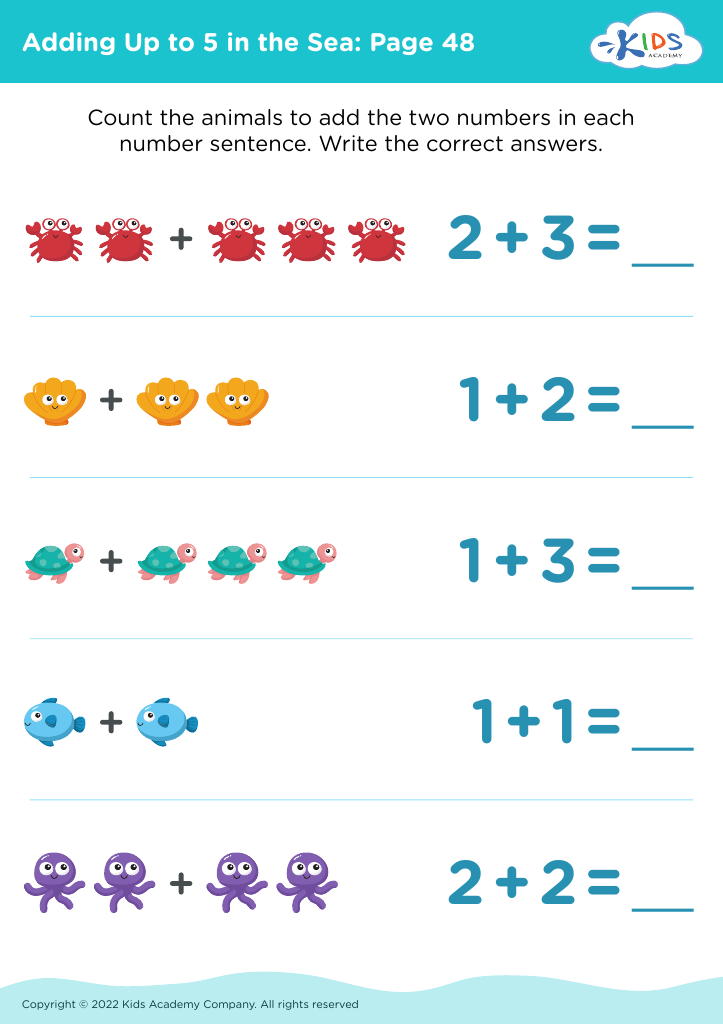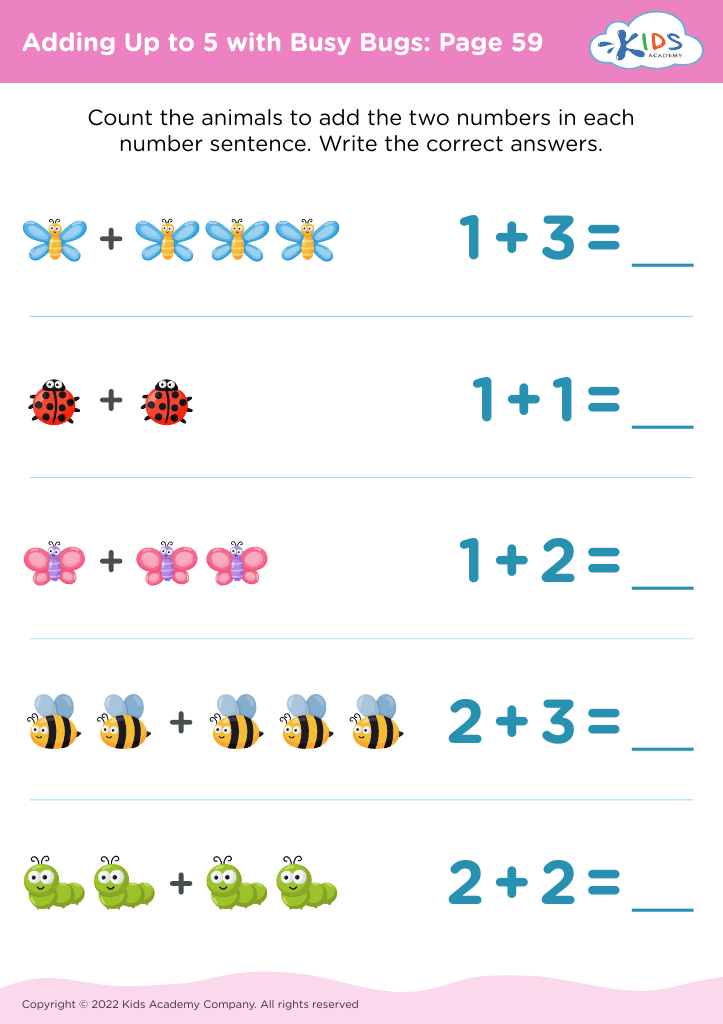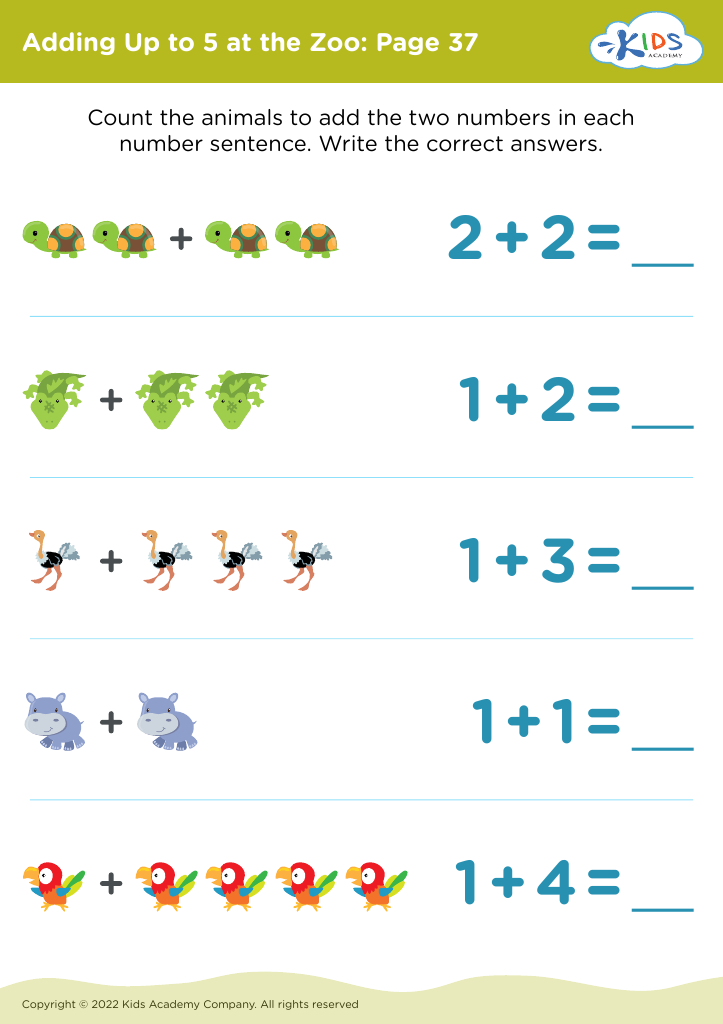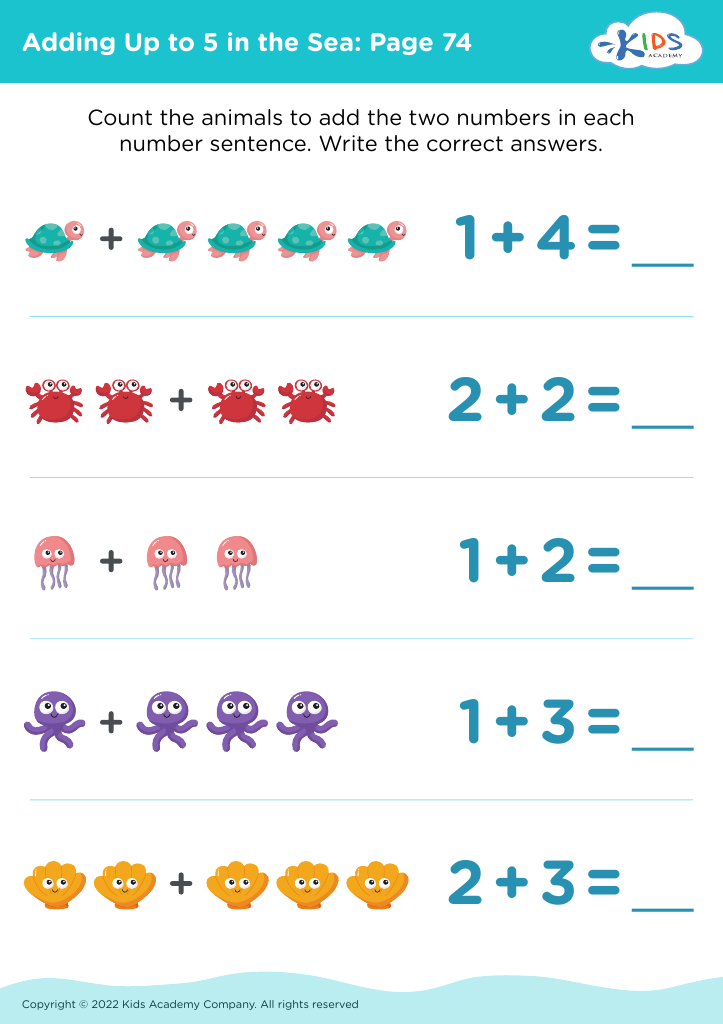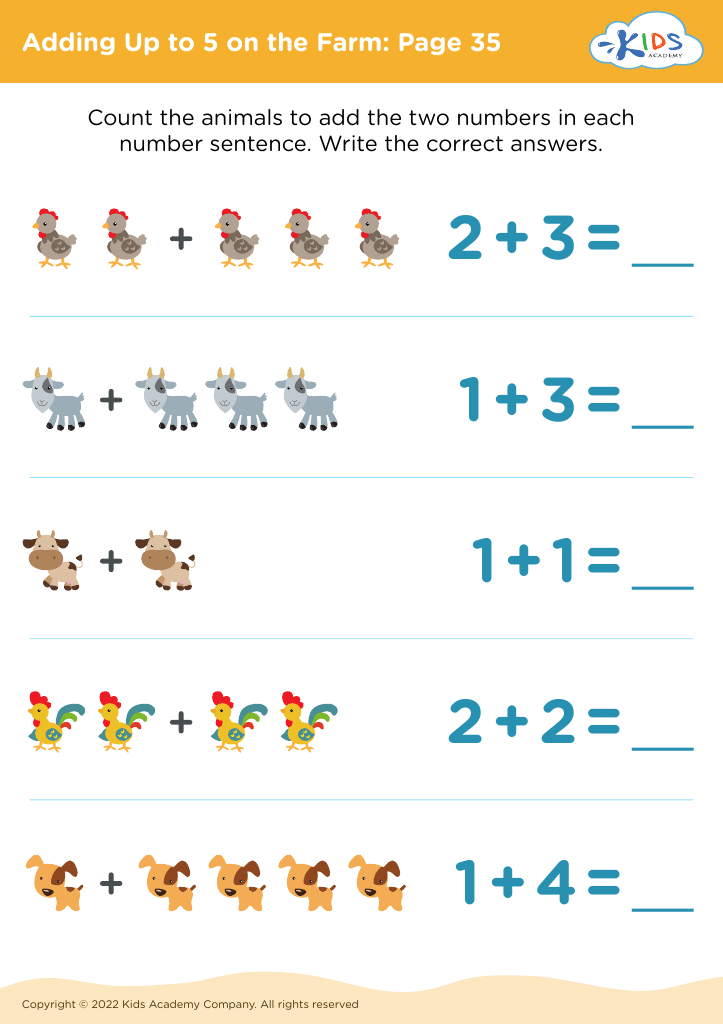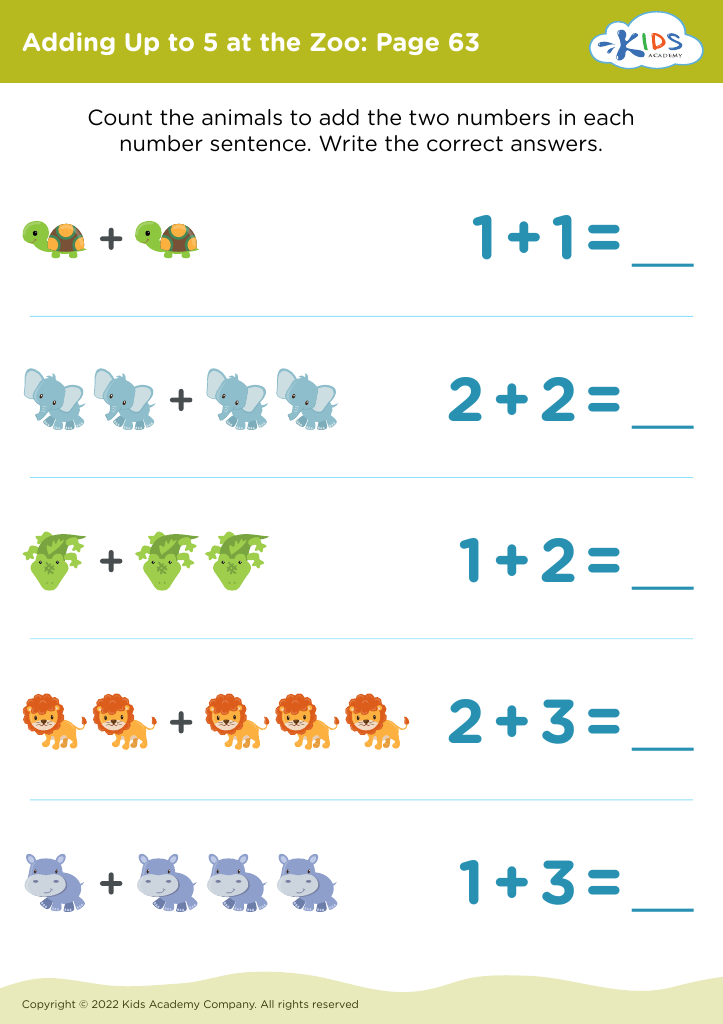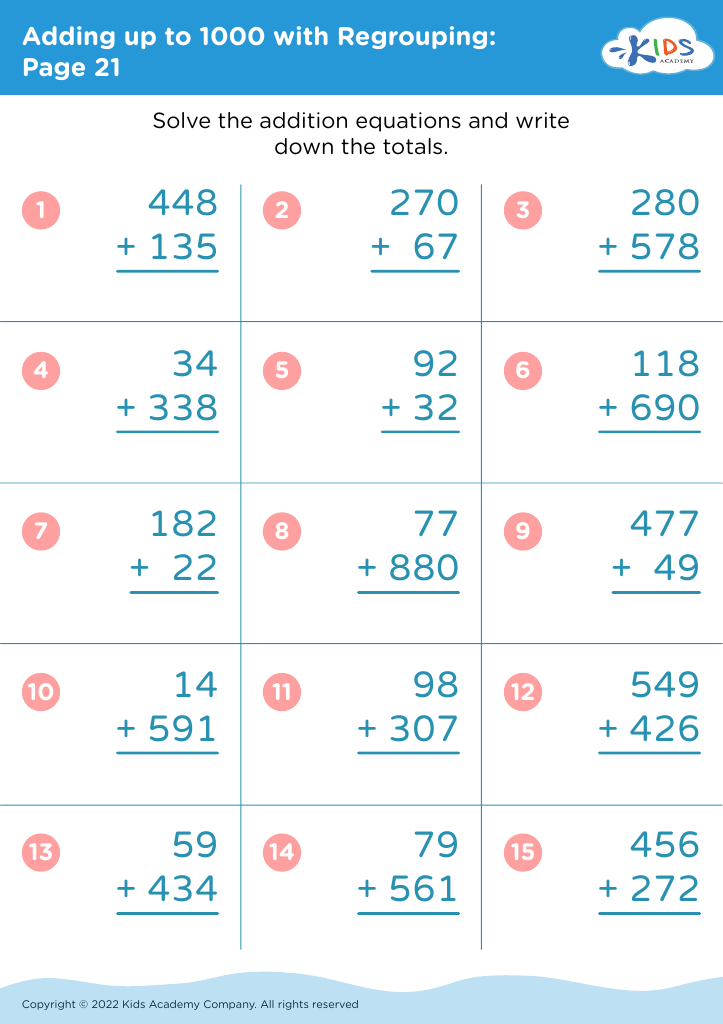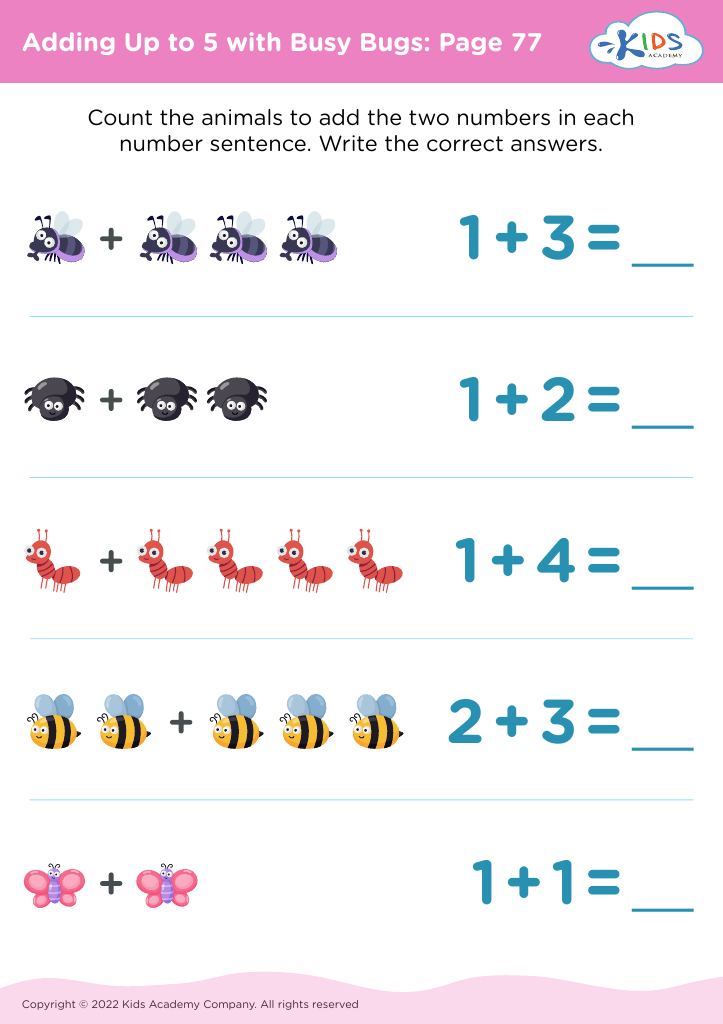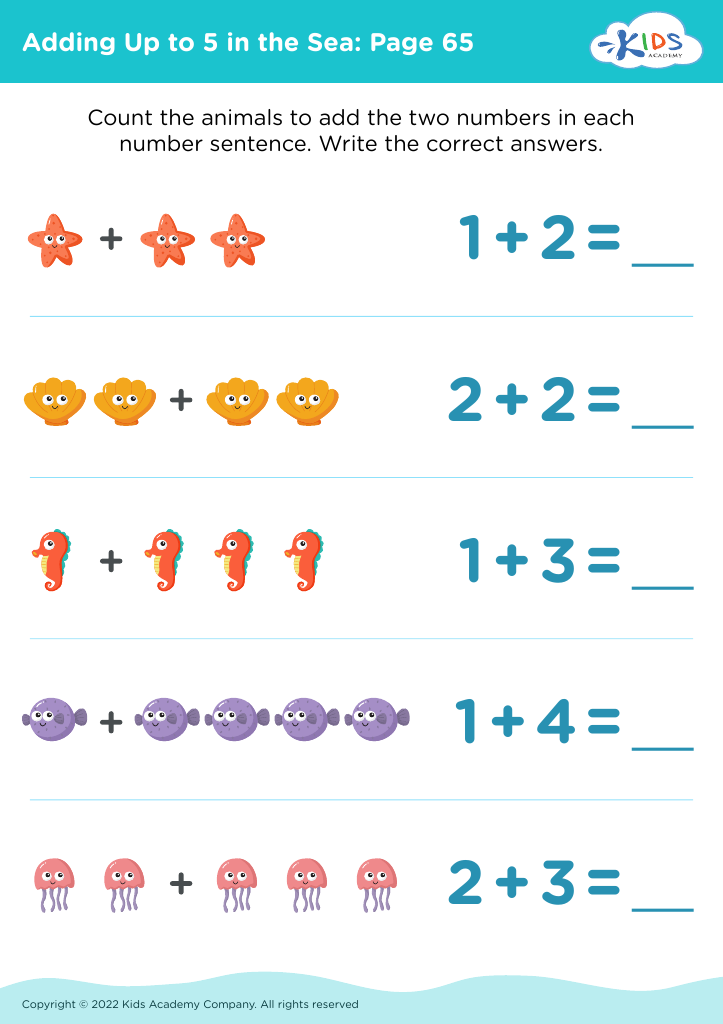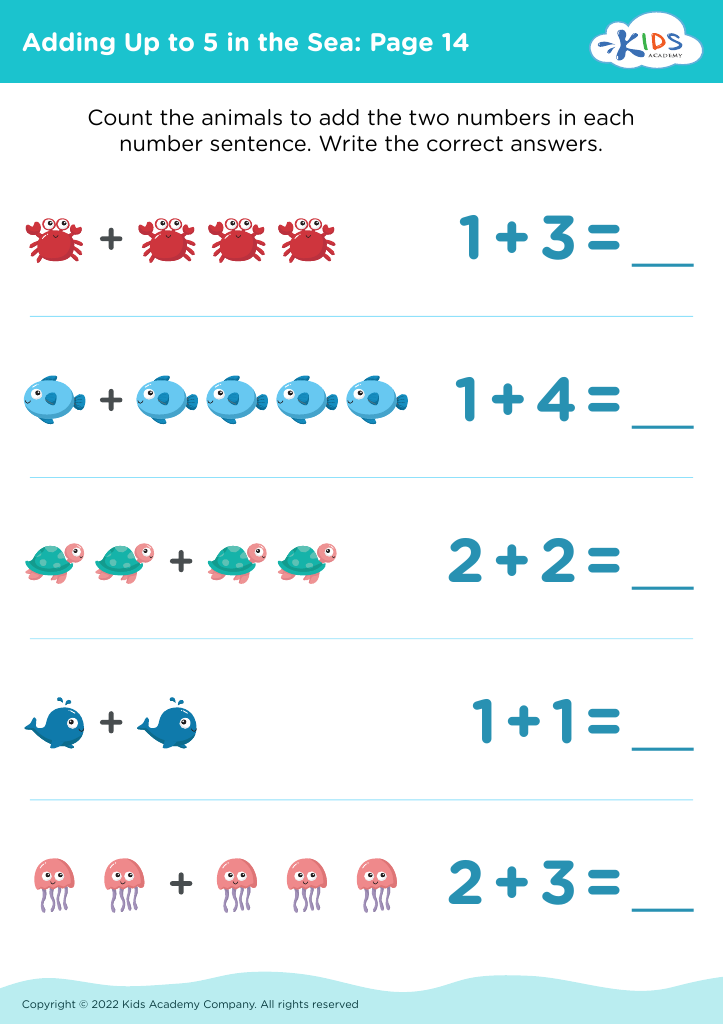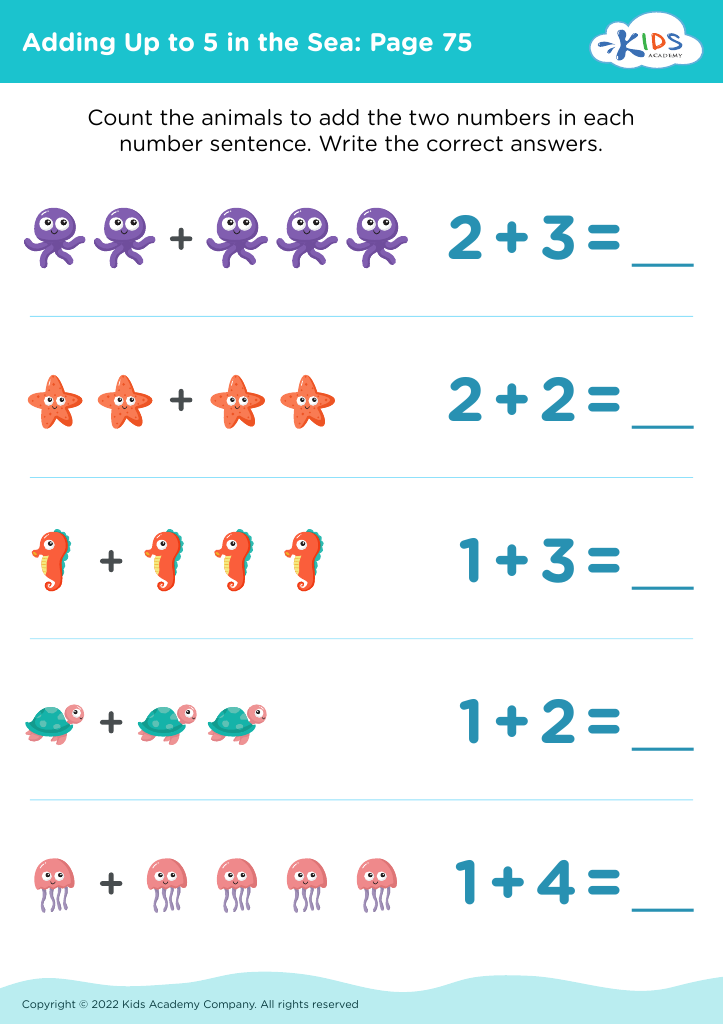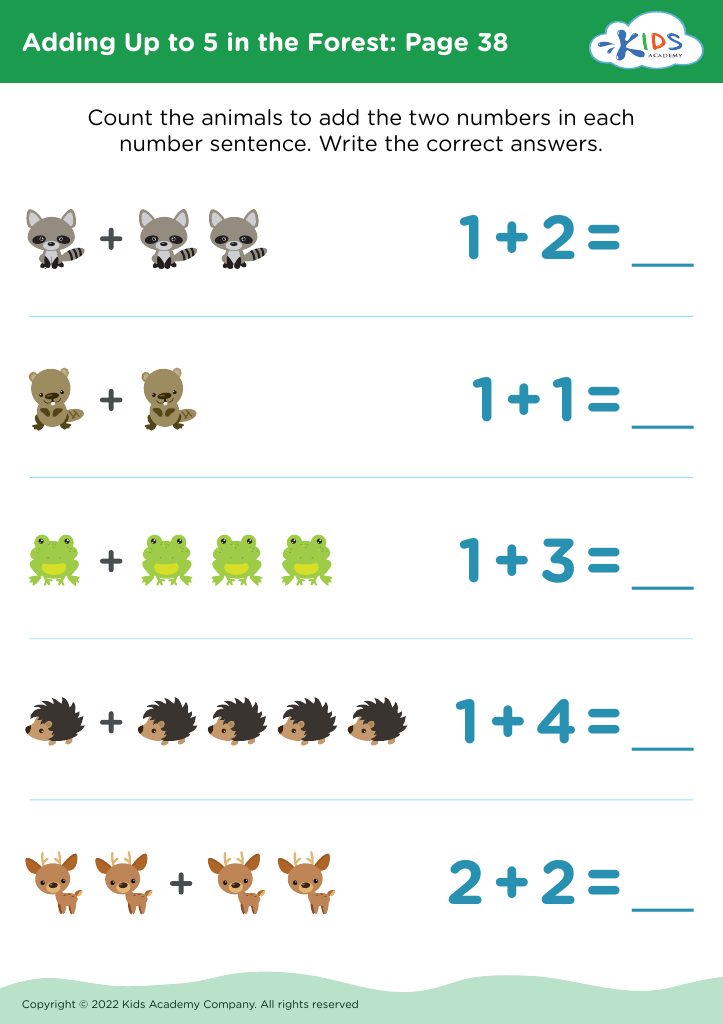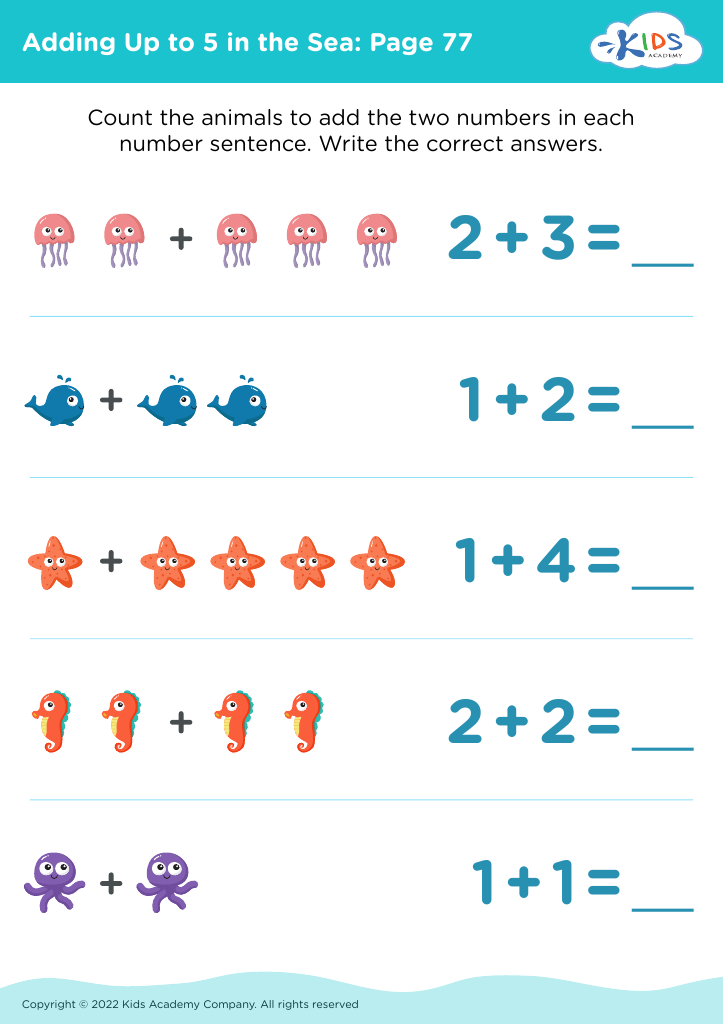Fine motor skills (writing) Math Worksheets for Ages 4-8
43 filtered results
-
From - To
Boost your child's math and writing abilities with our Fine Motor Skills (Writing) Math Worksheets designed specifically for ages 4-8. These expertly crafted worksheets blend engaging math exercises with activities that strengthen fine motor skills and handwriting. By integrating essential math topics such as counting, basic addition, subtraction, and number tracing, our worksheets provide a fun and educational experience. Perfect for early learners, this resource ensures your child enjoys practicing writing and math, laying a solid foundation for future academic success. Visit Kids Academy to download and start your child’s journey to mastering math and fine motor skills today!
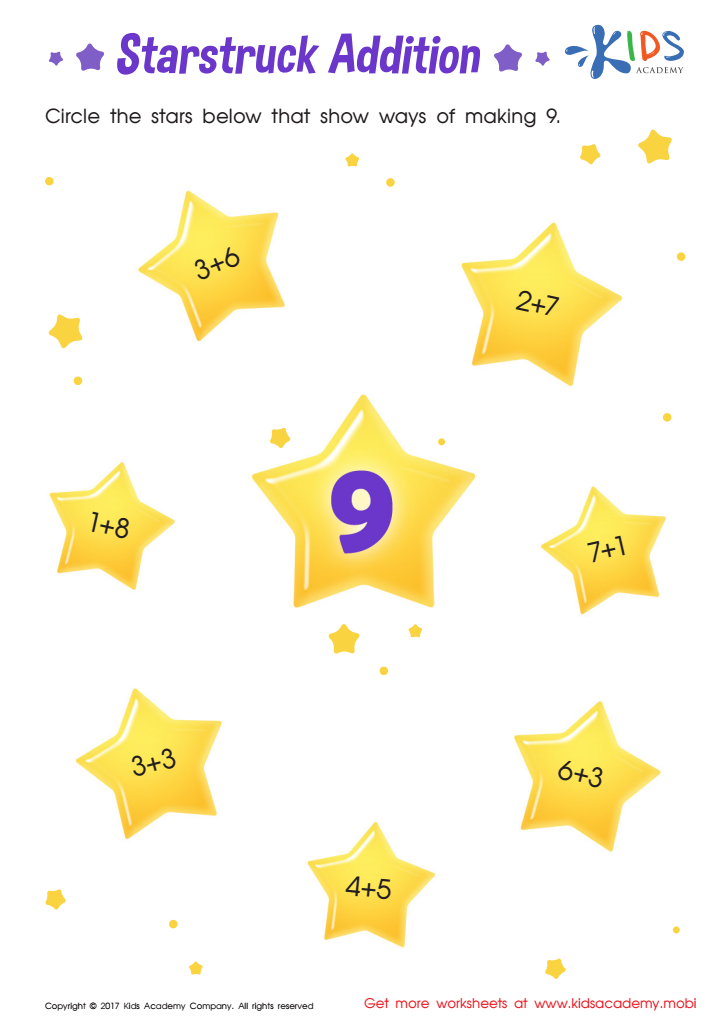

Starstruck Addition Printable
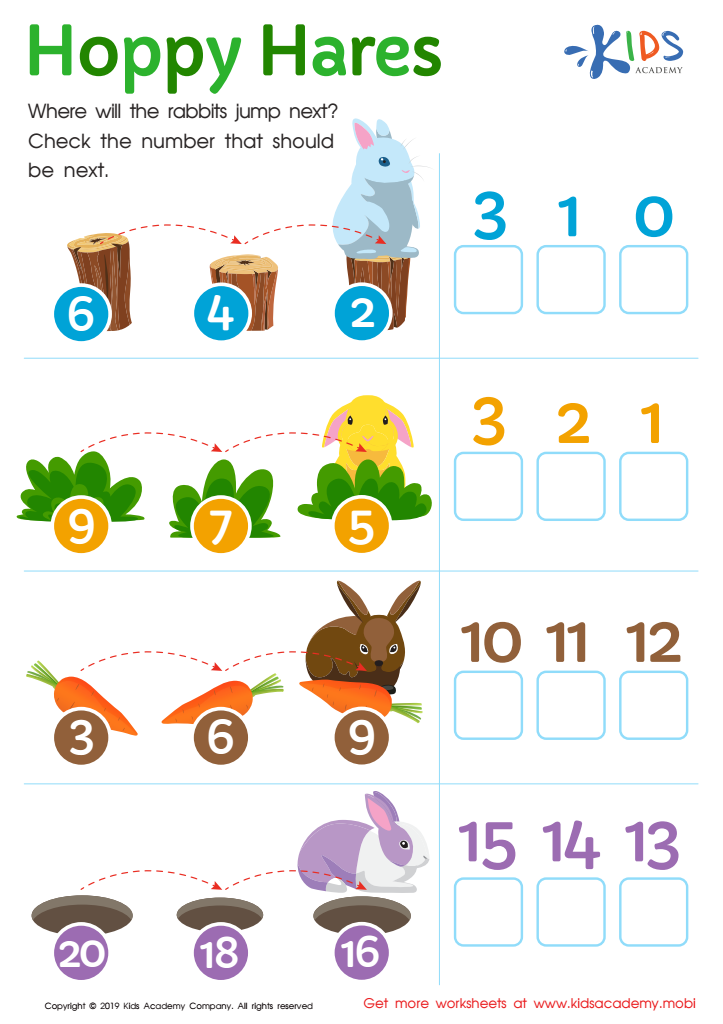

Hoppy Hares Worksheet


Party Arrays Worksheet
Parents and teachers should place significant importance on developing fine motor skills in children ages 4-8, particularly because these skills are foundational for success in writing and math. Fine motor skills involve the coordination of small muscles, especially those in the hands and fingers, and are essential for tasks like gripping a pencil, forming letters, and manipulating small objects.
In the context of writing, the ability to grasp and control a pencil accurately allows children to express their thoughts, complete assignments, and communicate effectively. Early proficiency in writing can bolster a child's confidence, facilitating a more engaging and fruitful learning experience across all subjects.
In math, fine motor skills play a key role in activities such as organizing objects, counting, drawing shapes, and using math tools like rulers and manipulatives. Manipulating small items such as counting beads enhances children's understanding of quantities and spatial relationships. When children develop these skills early, they are better able to focus on cognitive tasks rather than struggling with the physical demands of writing or handling objects, thereby enhancing their overall academic performance.
Moreover, early mastery of fine motor skills lays the groundwork for future educational tasks that require even more complex motor coordination. Therefore, fostering these skills at a young age is crucial for holistic academic development and lifelong learning.
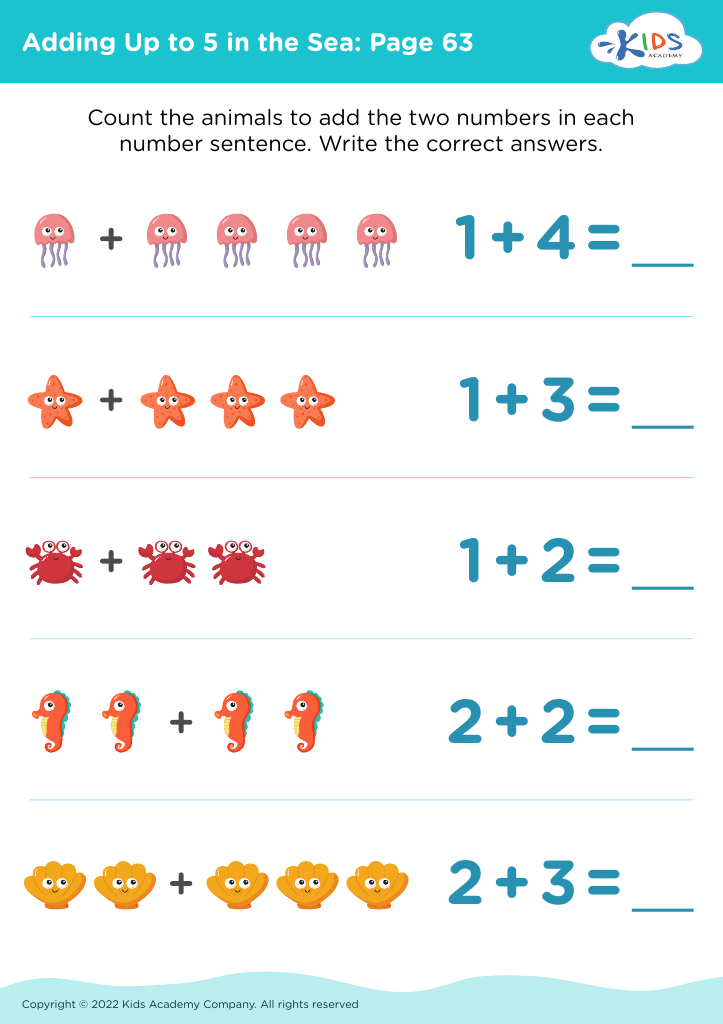

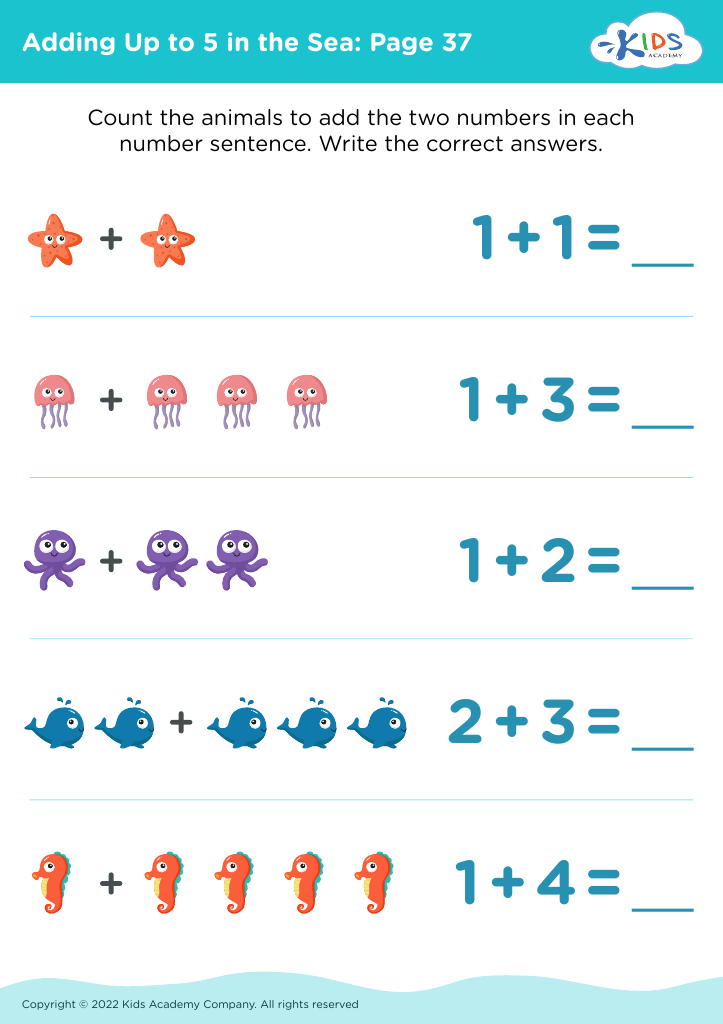
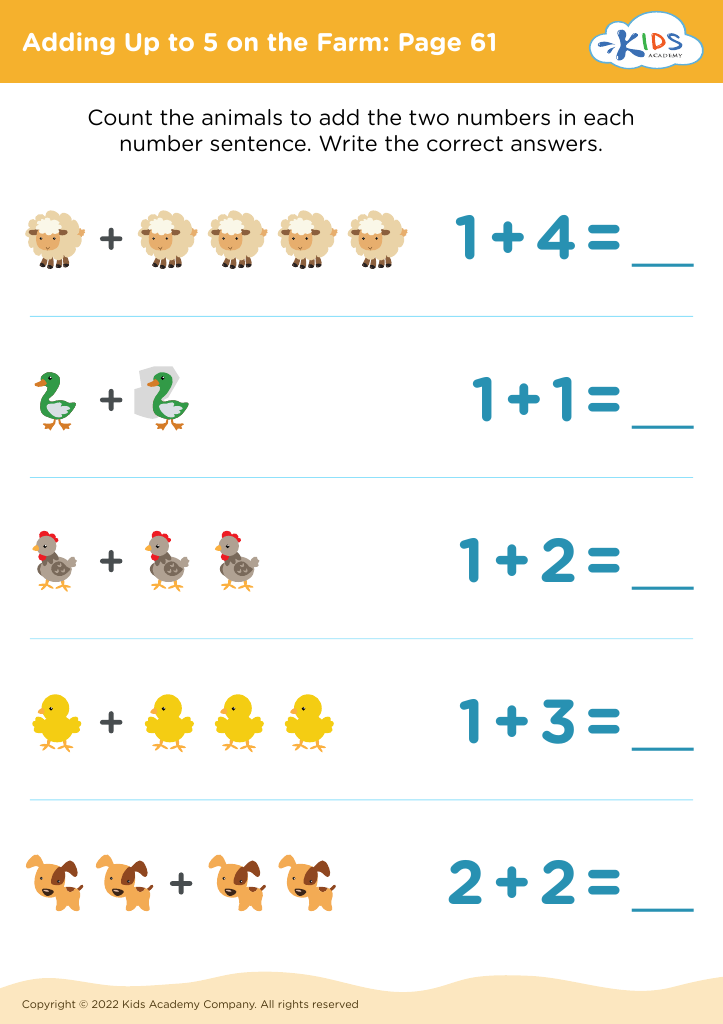
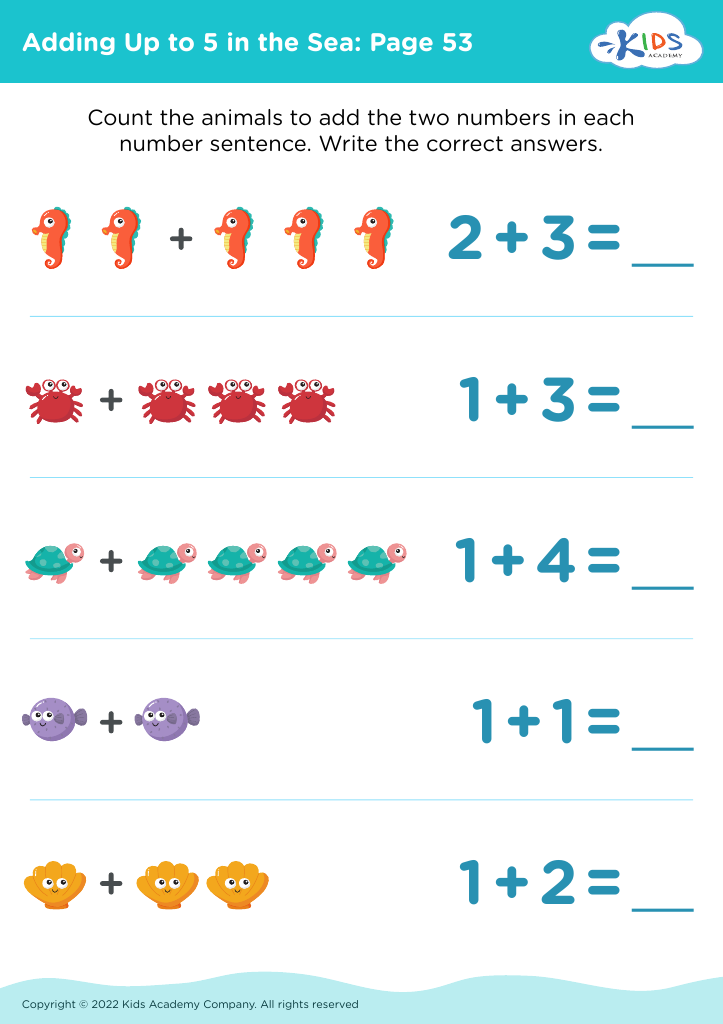
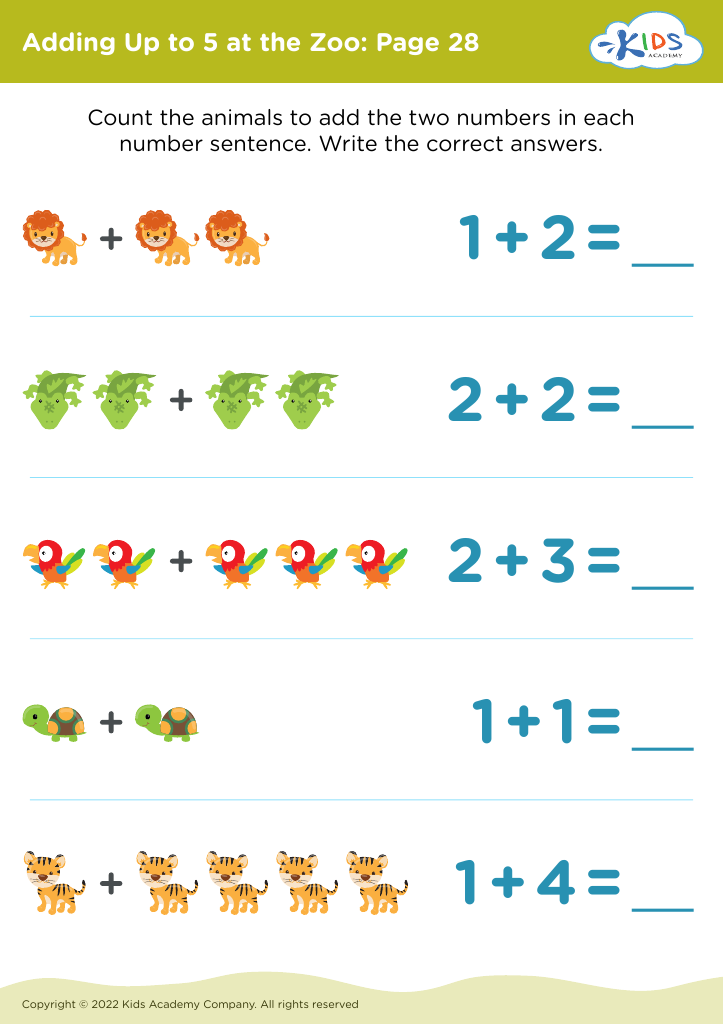

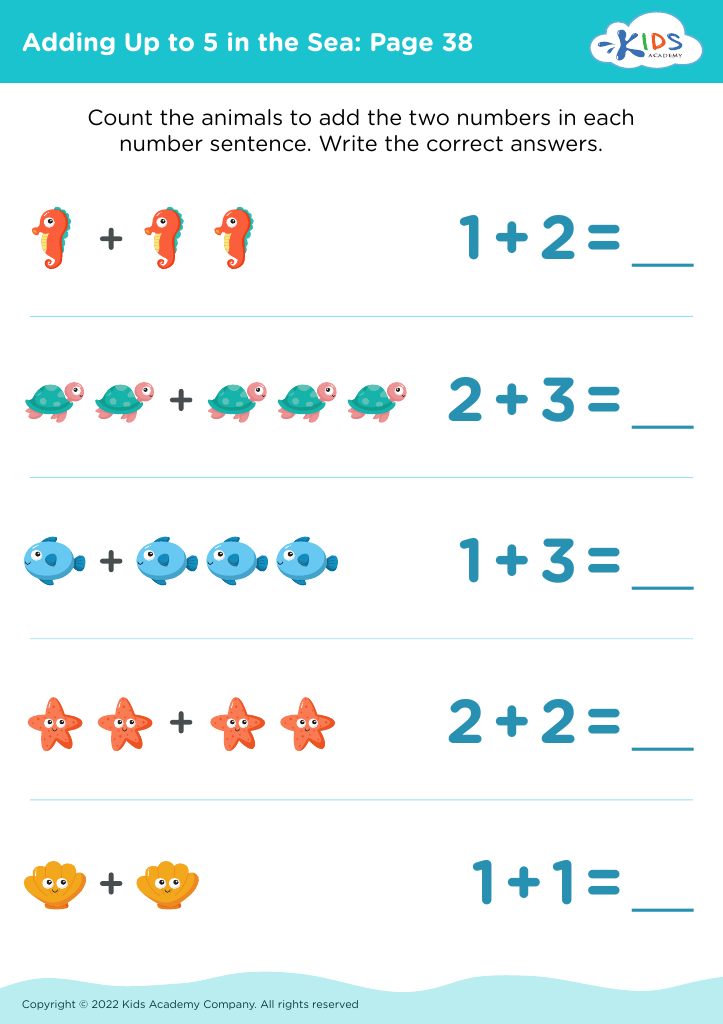
 Assign to My Students
Assign to My Students
